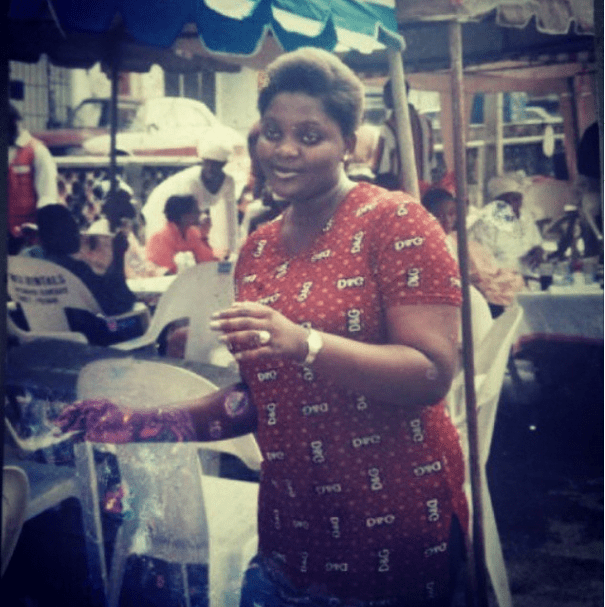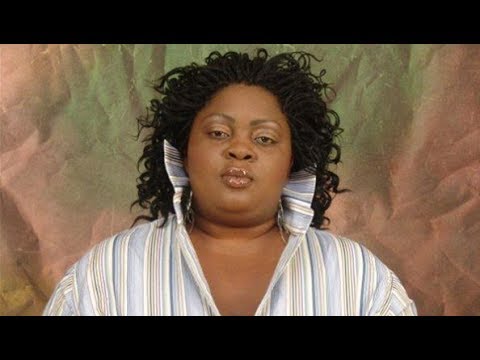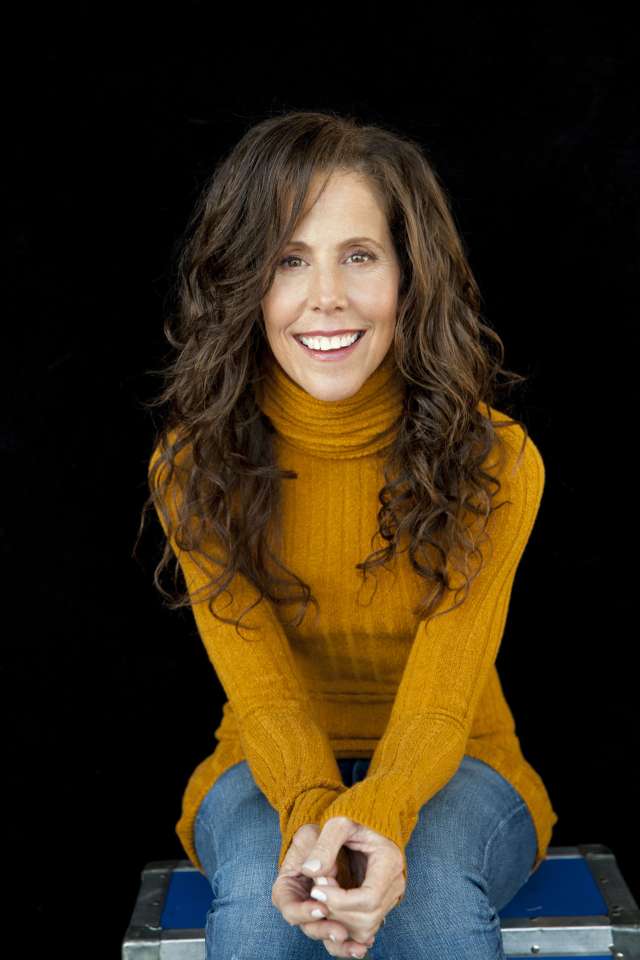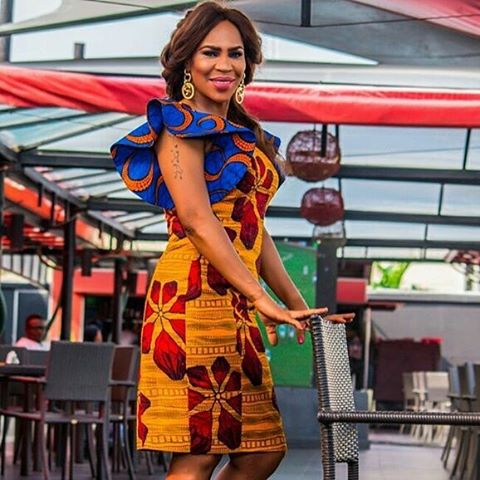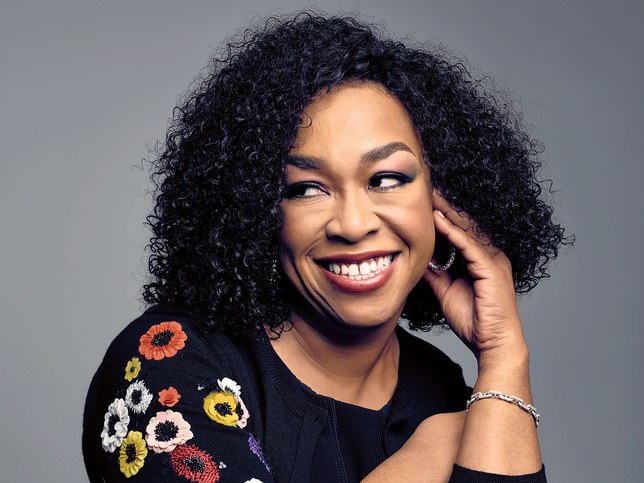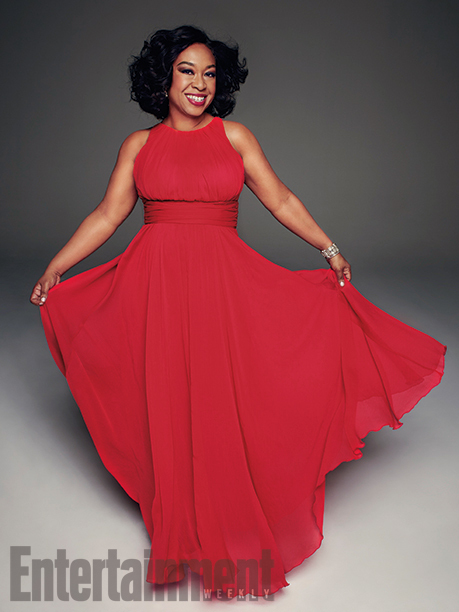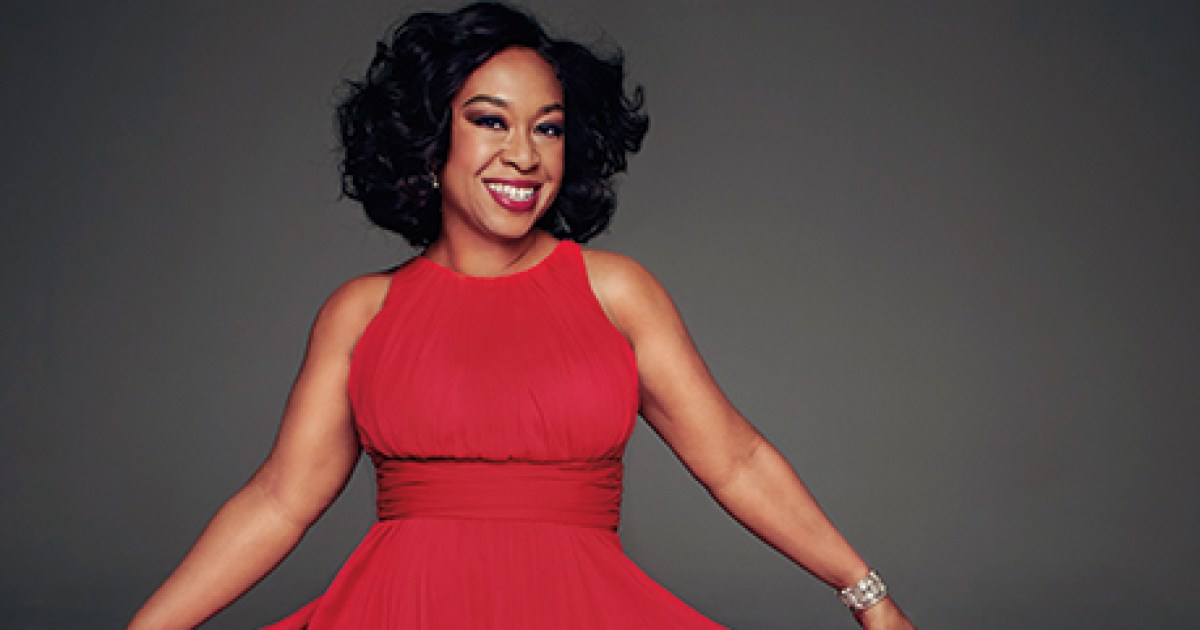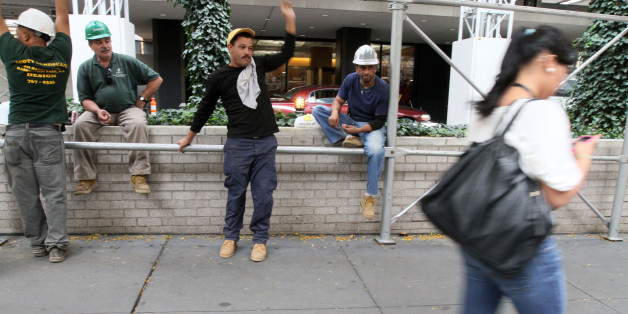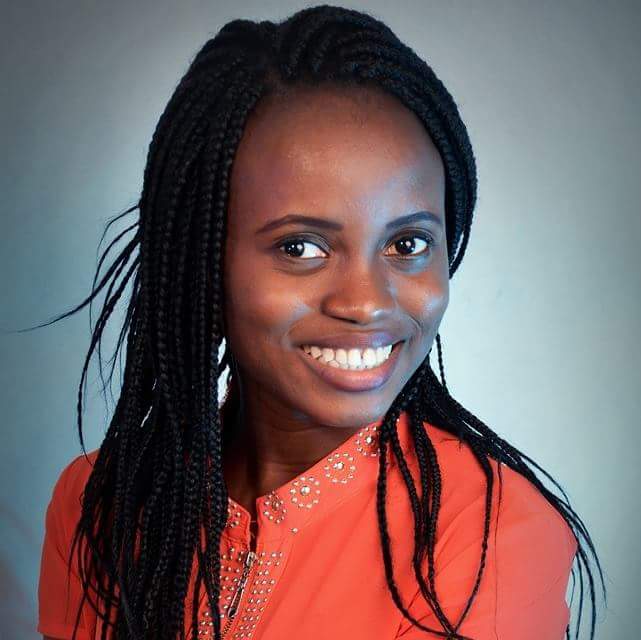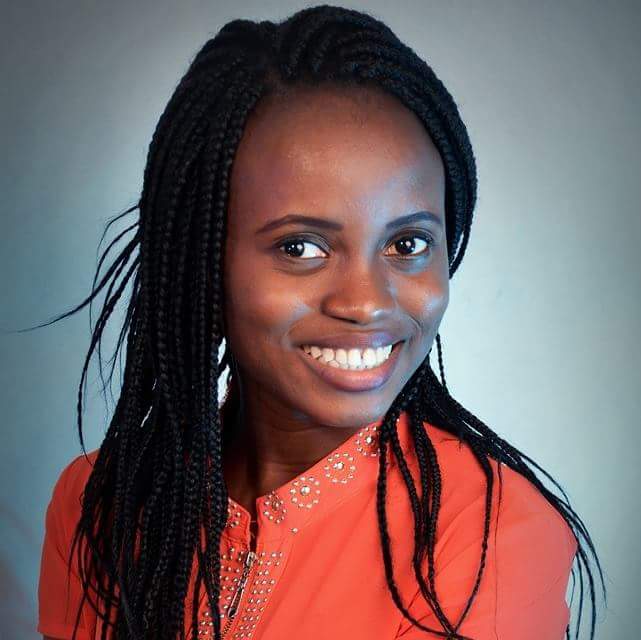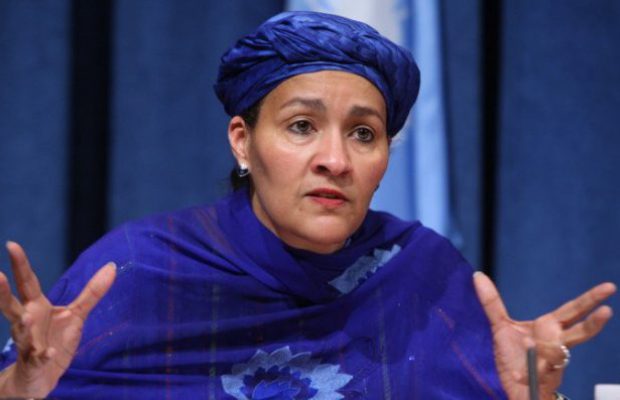In her new book, My Glory Was I Had Such Friends, Author Amy Silverstein, tells her story of surviving a heart transplant, a double mastectomy after her breast cancer diagnosis, and another heart transplant when her first donor heart failed, and the role her friends played in getting her through those hardships.
The book highlights her female friendships, though its dedication is to her husband, who she focused on in her first book Sick Girl.
“I want to mention here the vital presence and extraordinary role played by my husband, Scott, who was with me in this story every day in every way with infinite heart and mind,” she writes. “Scott has been gracious to support my writing him into the background of this book when, in fact, the inimitable power of his love was front and center.”
See excerpts from the book below:
Can you describe the health issues you’ve faced throughout your life?
Due to sudden heart failure, I had my first heart transplant at age 25. I would be out of breath walking, my feet were swollen, and when I would lie in bed, I felt uncomfortable, like something was sitting on me. My doctor sent me for a bunch of tests.
Long story short, after much testing (and an admission to the hospital, where I had invasive testing including a heart biopsy and an angiogram), it was determined that I had a virus in my heart and that it would get better in about six months. But, instead, the heart failure worsened and in six months I needed a transplant.
It wasn’t until the surgeon removed my native heart that it was discovered, on autopsy, that I was born with a severe heart defect called ARVD (arrhythmogenic right ventricular dysplasia), which meant that my heart was fated for an early demise.
Doctors gave me 10 years to live with a new heart, since over time, the body will reject the transplant organ, but I went on to live nearly 26 years with it. Around the same time it failed (26 years later), I was also diagnosed with breast cancer. Doctors advised a lumpectomy because the tumor was small and seemed to be in an early stage, but I opted for a double mastectomy—I knew that my transplant medicines were cancer-causing, so I figured it was smart to do all I could to rid the cancer from my breast.
Plus, all of the invasive tests that go along with heart-transplant life—the angiograms (I’ve had 32 of those) and the heart biopsies (I’ve had 93) are done under a prolonged X-ray to the chest, which can also raise the risk of breast cancer over time.
Two months after that is when I found out my donor heart was failing. I had felt pain down my arms during exercise and rest, but my transplant doctor told me it could not be cardiac pain (transplanted hearts are severed from nerves and these nerves cannot be reattached). But my exercise became really hard, and I couldn’t run anymore. And then I realized my feet were swollen, and I knew from experience that this meant trouble. I told my doctor I wanted to have another angiogram, and it revealed extensive transplant artery disease, called vasculopathy. It’s deadly and incurable. Because of my complexities, my husband and I found out that we would have to go to California to wait for another heart.
What role did your friends play throughout those difficult times?
My friends watched me go through my first transplant at 25, but with the exception of driving me to the hospital in the event of an emergency, there wasn’t much they could do for me at that time, so my parents took care of me.
Then, 26 years later, after my double mastectomy surgery, I was out of the hospital in less than 24 hours. Even though it was the easiest surgery I’ve ever had, my friends were amazed. I think that really solidified for them the strength that I had garnered over the years with the heart transplant.
When I found out that my donor heart was failing and my husband and I would have to go to California for a heart, I wasn’t even sure I wanted to go through another transplant. But my friend Jill, my best friend from the second grade, put together a spreadsheet for nine friends to rotate flying out there to be with us while I waited. Here was an opportunity for them to finally do something. And once I saw that these woman could commit to me, I realized that I could commit to going through this again. So a spreadsheet was born with nine women on it, and they all flew cross-country from wherever they lived, and I never slept a night without one of them beside me.
How did having them there help you?
I literally never spent a night alone, and as I got sicker and sicker waiting, two friends would come at once and there would be two cots in that room with me.
For the first month, I was able to slowly walk the halls with them, but there was a swift downfall to the point I could only walk a few steps. I was getting much sicker.
My friends would have to straighten out my bed and pillows because I didn’t have the strength to do that. They rubbed my feet, and I needed them to help me shower.
At first it was a little weird to stand naked in the shower next to my friend or to have her hands on my back in that way, but it really got me through. We had spa nights, and they decorated my room.
We also had laughs and our best talks ever because I thought I was going to die—that really was the anticipated outcome because after only three weeks in the hospital, my condition worsened, and I was bumped from a middle-point on the transplant list to a high priority status (typically meaning that you have a life expectancy of about two weeks). But having my friends there saved my life as much as the transplant did because I had to make it to that point of getting one. Throughout the two months I waited, I never had to suffer through a night of heart pain without them there.
How has this experience changed your friendship?
We know what happened in that room, and it was war-like in many ways. And we won, incredibly so. And we are all here to tell that story. We get together for barbecues, or whatever, we’ve had some gatherings, there’s a look among all of us, there’s a sparkle in our eye because we know what took place.
What can other women do to support their friends in need?
I appreciated them listening to me even if they couldn’t help, but I also wanted to hear about their problems and feel needed. I wanted a two-way relationship because I could only open up to them if they opened up to me as well. There was an complete openness and understanding among us.
Since your second transplant a few years ago, how is your health now?
I am living a completely different life after this second heart transplant. I do not live with daily debilitating illness anymore, I am taking only the smallest amount of transplant medication (and less medicine means fewer side effects). And Cedars Sinai in Los Angeles (where I receive my care) is also devoted to the minimum of heart biopsies, which means less trauma to the body and mind.
That being said, I have lived with a transplanted heart for 29 years, which means that I have taken transplant medication for most of my life. That plus all of the invasive testing that I have accumulated means my body has been exposed to extensive X-rays, leaving me at a significant risk of having cancers. And because I am a patient with antibodies (proteins that might attack my donor heart), I am at a higher risk for vasculopathy.
And this is why I live every day with enormous presence and energy and gratitude. I literally bend down and sniff flower after flower. When I jog, I can’t help but smile with each step. When I sit with a friend, I am all hers—my attention does not wander for a second.
Same thing when I am with my husband or son. I am determined to enjoy the hell out of feeling well—it is such a gift. That sounds trite, I know. But life has taught me this lesson and it is deep in my core: today, today, today. It’s as simple as that.
credit: pulseng
Hello WORriors, today is #WCW and our Woman Crush is Chidinma!
Chidinma Ekile,who was born on May 2, 1991, popularly known by her stage name Chidinma, is a Nigerian singer and songwriter. She is the sixth of seven children and was born in Ketu, Kosofe, Lagos State. Both of her parents are from Imo State. She worked as a business promoter in Lagos prior to auditioning for the third season of Project Fame West Africa. Chidinma started singing at the age of 6, and grew up with a disciplinarian father. When she was 10 years old, she joined her church’s choir. She attended primary and secondary school in Ketu prior to relocating to Ikorodu with her family. Chidinma is currently studying sociology at the University of Lagos. Chidinma initially declined her admission into the University of Lagos due to her advancement in the aforesaid competition. In an interview with YNaija, Chidinma said that she has always taken school seriously and her decision to enroll at Unilag was inevitable. She also said that music hasn’t always been on her agenda, but decided to give it a try after winning the MTN-sponsored Project Fame music competition.
Prior to auditioning for the third edition of Project Fame West Africa, she dreamed of being part of the reality TV show that was instituted in 2008. With the help and support from her close friend, Chidinma left her home in Ikorodu and went to the Ultima Studios, the venue for the show’s 2010 Lagos auditions. She was among the 8,000 or so contestants who went to showcase their talents that year. Subsequently, she advanced to the Fame Academy round alongside 17 other contestants. On 26 September 2010, Chidinma was announced as the winner of the competition. She won several prizes, including #2.5 million, a 2011 Toyota RAV4, and an album production deal. In May 2013, she signed an endorsement deal with MTN Nigeria.
In 2010, she rose to stardom after winning the third season of Project Fame West Africa. Following the release of the music video for her “Emi Ni Baller” single, she became the first female musician to peak at number 1 on the MTV Base Official Naija Top 10 chart. In 2011, she released her first solo single “Jankoliko” featuring Sound Sultan. Chidinma, her self-titled debut studio album, was released through the music platform Spinlet. It was supported by the singles “Jankoliko”, “Carry You Go”, “Kedike” and “Run Dia Mouth”. The album features guest appearances from Sound Sultan, Tha Suspect, Olamide and Muna. Chidinma won Best Female West African Act at the 2012 Kora Awards and her award plaque was presented to her by Didier Drogba. She also performed “Kedike” at the ceremony.
She has performed at many shows both in Nigeria and outside the country. She has won many awards and recognition too.
Chidinma’s biggest musical influences are Michael Jackson, Bob Marley, Alicia Keys, Whitney Houston, Mariah Carey, Fela Kuti, Omawumi, Onyeka Onwenu, Lagbaja, and Dare Art Alade.
Women of Rubies celebrates you, Chidinma!
Nigerian music video director, filmmaker, and television director and entrepreneur, Kemi Adetiba is a major force to reckon with in the Nigerian entertainment industry.
She started her journey into the media as a young child where she headlined two national television commercials for the iconic detergent brand OMO, Towing the path of her father, Dele Adetiba, a veteran in the advertising and broadcast industries who played a pivotal role in the development in Nigeria.
Kemi started out professionally as a radio presenter with Rhythm 93.7FM, she transitioned from being a voice on radio to being a face on television by producing and presenting several shows on Mnet.
After years of success being in front of the camera, Adetiba enrolled into the New York Film Academy to learn about being behind the cameras and today, her bodies of work as a director are spread across the African continent and beyond its borders.
On 8 September 2016, Kemi Adetiba’s first feature film “The Wedding Party” (a Nigerian Rom-com film) premiered opening night, at the Toronto International Film Festival (TIFF), as the opening film of the City-to-City Spotlight.
Here are 5 Life Lessons Every Lady Can Learn From Kemi Adetiba
1. Don’t Rest On Your Father’s Laurels
Kemi Adetiba’s Father, Dele Adetiba, a veteran in the advertising and broadcast industries who played a pivotal role in the development in Nigeria. As successful as her father is, Kemi didn’t rest on the laurels of her father, instead she set out to achieve her own dreams. The fact that your parents are wealthy and influential doesn’t mean you shouldn’t set your own goals and strive hard to achieve them.
2. Keep Learning New Things
If your follow Kemi’s story properly, You will notice one consistent thing- she keeps learning new things. From radio to Television to Movie Directing to owning her own web series. Every lady can learn for Kemi in this aspect. Learn a new skill regularly. If you don’t need it now, it would be needed much later.
3. Be Enterprising
Adetiba isn’t just a music video director, she is a filmmaker, TV director and an entrepreneur. Every lady should learn from that.
Aside from learning continuously, put all the things you have learnt over time to good use. Have an entrepreneurial mindset.
4. Take Risks
Adetiba enrolled into the New York Film Academy to learn the ropes about being behind the cameras and today, her bodies of work as a director are spread across the African continent and beyond its borders. Another lesson every lady can learn from Adetiba is to learn how to take risks. Sometimes venturing into a new terrain might be scary but remember if you don’t do it, somebody else would.
5. Be A King Woman
According to Adetiba, ”The reason why I developed King Women is because I wanted women to see these role models of the earth, these women that we draw inspiration from that we put on pedestals, I wanted them to see them in their glory, but also understand that they have also gone through life, and life for them was not easy… People need to hear these stories, and I’m so grateful to everyone who gave me their time to make this series.”
Another important lesson to learn from Adetiba is that what ever you find yourself doing, do it well. What is worth doing at all is worth doing well. Make sure you have a king woman mentality and put that mentality to work.
Culled from fabwoman.ng
In a recent chat with The Sun, Yoruba Nollywood actress and producer, Fathia Balogun, the beautiful mom of two, talked about her relationship with her mother, career and more.
Read excerpts from her interview:
What are the things your mummy likes?
My mum is a reserved mother. She’s not a food person; I think I took that from her because I’m not a food person too. She is just like an English woman who likes tea. She can take tea even when it is sunny and she loves to pray. I would say she’s God’s best friend because 24/7, she’s praying.
Does it mean she doesn’t have a favorite food?
Yes, she doesn’t have a favorite food, and I don’t have a favorite food either. But you will always find her with a cup of tea in the sitting room, it is either she is drinking it or refilling it.
So what kind of tea does she drink?
She takes just Lipton. She’s not a fat person and she’s not slim too. It is not that she diets like I do but she just loves her tea. I grew up seeing her take a cup of tea every now and then.
What is the meal that she makes, which you like?
I would say ewa (beans). When I was growing up there was this ewa that she used to make. It is called ewa elemimeje. Back then, she would cook it for my dad, you would see fish, crab, periwinkle and many other things in this beans. After cooking, she would fry it, then she will add onions, palm oil and then she puts it down to cool a bit. Afterwards, she would put small vegetable oil in the frying pan, and then she would put everything, all the beans, in the frying pan; so you can imagine how nice it would be. She also cooks banga, my native soup, very well. Ha! Her banga soup is superb!
What does she do?
Right now she is not doing anything but before now she used to have a very big store when we were growing up. My mum is not really educated but she was a businesswoman. My mum is Igbo and my dad is from Delta. She sold Georgette wrappers but after a while, I told her to stop because she is already getting old and so I pay her salary. All she does now is to sit at home and help take care of my kids. She is my saving grace because if I didn’t have a mum I doubt if I would still be acting.
What are her hobbies?
She likes to sleep. My mum, she taught me about a stress-free lifestyle. I have learned through her not to worry over some unnecessary things. So, last year when she had high blood pressure I became worried and asked her if she was thinking about anything because it was unlike her. She assured me she wasn’t. My mum is a very strong woman and she has taught me to be strong too. My mum believes that if you are going to hell, you just move on and talk to God about it and he will sort it out. She doesn’t have anything negative that she thinks about, the positive things she thinks about now are her children.
What are the things that make her happy?
She loves Sunday mornings. My mum loves going to the church and I think those are her happiest moments. We are Catholics and she goes for second mass, whenever she goes you will see her singing when coming back in the car. She holds onto her rosary happily. I think Sunday is one of her favorite days. My mum is a very happy mother; even if I come again I still want her to be my mum. I have never seen my mum get upset, even with my dad. With us, she only warns us and I took that from her. She would always call you and talk to you. When talking, she can start crying and I do that too. I don’t remember my mum hitting me when I was young.
Who were you closer to, your mum or your dad?
My mum, but my dad was very strict and I think he was like that because he was an ex-soldier. My dad and I were not close and we look too much alike and you know, they say; when you look too much alike, you would never be close. Although, we had a daughter-father relationship we were never close.
When you were growing up, as a teenager, what did your mum tell you about boys?
(Laughs) She told me that if a boy touches me that I would get pregnant. “If they touch you like this you go get belle oo, if man dey come just pass this place.” You know, all those kind of things. When I started to menstruate, she taught me how to go about it and many other things.
When you were growing up can you remember any major trouble you got into with her or the prank you played?
No, I didn’t get into trouble with mum. I got into trouble with my dad, you know we used to have diaries when we were growing up. In secondary school, form one, I had this diary that I wrote things in, so I wrote about my first kiss and my dad saw it. Oh! Wahala came to dine with me that day, even my mum was in trouble because he said she wasn’t talking to me. I almost died. I will always remember that day. Do you know what he did? He gave it to me to start reading. Often times after I must have finished cleaning his room, I would just pick up my homework and start doing it. Unfortunately for me, I forgot it on his table. For me, I can never forget that day. The only trouble I got into with my mum was just when I didn’t do the dishes or cleaned where I should. My mum is very lenient, all she would say to me was, “If your papa come, if you no clean this place, hian,” I love her very much. The other times I got into trouble with her was when I went to a party and didn’t come home in time. She would scold me. At a point I was scared for myself because people would come to me and ask if I was a half-caste, I was scared because I had so many people around me. But for my mum’s constant advice that kept guiding me, I was able to turn out well. If I still have the chance again, I would want her to come again as my mum.
What was the greatest sacrifice she ever made for you as you were growing up?
At a point it was just me and her and my siblings; she had to sell everything she had to send three of us to school. At that point she had nothing. I remembered then that I had to go stay with some of my cousins to go to school and everything. My mum gave up everything for us and she stood by us, I really don’t want to delve into a lot of things but she has been a fantastic mum. She did odd jobs because if she didn’t, probably I wouldn’t have gone to school and I would be regretting now. Although I wished I had done more, I am thankful that I did the little I did and if not for my education, I would have been out of the movie industry too, because these days without education you are nowhere.
Is she very fashionable?
No, she is “Iya Jesu”, she’s not. Even at my sister’s and my brother’s weddings, my mum told the makeup artist not to worry about her. She was shouting ‘I don’t want eyelash’, I no want to make up oo. We had to beg and beg her to rub just white powder. After we decided not to put eyelashes on her and she was beautiful. That was the first time in her life that she rubbed makeup, she had never done so previously. But once in a while, she does. Maybe when she is going for her monthly meeting, she would just rub powder and apply little lip gloss. Her earrings are stud earrings, and she wears a small necklace. She’s not a fashionable person.
Credit: The Sun newspaper
Shonda Lynn Rhimes is an American television producer, screenwriter, and author. She is best known as the creator, head writer, executive producer, and show-runner of the television medical drama Grey’s Anatomy.
She was born on the 13th of January 1970 in Chicago, Illinois. She attended Marian Catholic High School in Chicago Heights, Illinois, before enrolling at Dartmouth College, where she majored in English and film studies and earned her bachelor’s degree in 1991. At Dartmouth, she joined the Black Underground Theater Association and divided her time between directing and performing in student productions, and fiction
She subsequently relocated to Los Angeles to attend the University of Southern California, to study screenwriting. She obtained a Master of Fine Arts degree from the USC School of Cinematic Arts.
Rhimes adopted her first daughter in June 2002 and adopted another girl in February 2012. In September 2013, she welcomed her third daughter via gestational surrogacy.
While at USC she was hired by Debra Martin Chase as an intern. After college, she relocated to San Francisco with an older sibling and worked in advertising at McCann Erickson.
Rhimes is the creator and currently executive producer and head writer of Grey’s Anatomy.
In 2011, she served as executive producer for the medical drama, Off the Map, which was created by Grey’s Anatomy writer, Jenna Bans.
In May 2011, ABC ordered her pilot script Scandal to series.
Rhimes was ranked at the top of her class and earned the Gary Rosenberg Writing Fellowship. She obtained a Master of Fine Arts degree from the USC School of Cinematic Arts.
In 2014, Shonda gave a commencement address at her alma mater, Dartmouth College, and received an honorary doctorate.
She is an honorary member of Delta Sigma Theta sorority.
In 2007, Rhimes was named one of TIME magazine’s 100 People Who Help Shape the World.
In 2015, she published a memoir, Year of Yes: How to Dance It Out, Stand in the Sun, and Be Your Own Person.
According to Vanity Fair, Shonda will be inducted formally at a ceremony on the 15th of November at the Academy’s Saban Media Center.
Shonda Rhimes has won a Golden Globe award and was nominated for three Emmy Awards.
She has also won awards from the Writer’s Guild of America, Producer’s Guild of America, and Director’s Guild of America.
The actress has joined a league of inspiring women; Oprah Winfrey and singer Diahann Carroll, by being the third black woman to be inducted into the TV Hall of Fame.
When speaking about the latest inductees, TV Academy Chairman and CEO Hayma Washington, said:
”These individuals are innovators who have shaped television and left an indelible mark on the medium and our culture. We are honored to welcome the latest group of distinguished individuals and look forward to showcasing their impacts for future generations”.
French ministers have unveiled plans for a new law that would make sexual harassment, inappropriate advances and other ‘creepy’ behavior an immediate, and punishable offense.
The Government proposal comes in light of the Harvey Weinstein scandal and aims to end all forms of abuse on the streets of France – as well as teaching perpetrators a few things about personal space.
Gender Equality Minister, Marlene Schiappa, said she has been setting up workshops across the country to discuss the bill, which serves as a much-needed crackdown on misogynistic attitudes.
“At the moment, one can’t file a lawsuit for street harassment,”“When someone breaks into your space, talks to you within 10 or 20 centimetres of your face, follows you for three, four, five or six streets, or asks for your telephone number about 17 times.” she told French radio RTL:
Asked about Weinstein and the influx of Tweets from Frenchwomen recounting similar experiences at work, Schiappa said she was stunned, but insisted the blame had been misdirected.
“It’s not women who don’t speak, but a society which does not listen to them”
Emmanuel MacronVerified account @EmmanuelMacronJ’ai engagé les démarches pour retirer la légion d’honneur à Harvey Weinstein.
Translation:
“I have taken steps to withdraw the Legion of Honor from Harvey Weinstein.”
The bill, which parliament will vote on, also includes plans to extend the “statute of limitations” in cases of rape against minors to 30 years (up from the current 20-year limit after a victim turns 18).
It is understood the proposal is in part derived from recommendations by TV host Flavie Flament – who last year accused British photographer David Hamilton of raping her when she was 13.
But she was unable to file a lawsuit because her statute of limitations had expired ten years prior.
Another provision aims to introduce an age which minors cannot consent to sex, as only children under five are regarded as non-consenting under current French case laws.
Schiappa, who hopes to address the issue with excessive fines and education, said she has full support from President Emmanuel Macron, who’s been urging women victims of harassment to speak out
Source: konbini.com
photo credit: huffingtonpost.com
She reportedly also bagged distinctions in Medicine and Community Health.
This was revealed in a tweet by OAU’s Medical Students Association
Medical Students OAU @IfumsaOau
Aarinola Olaiya becomes the 1st Student in 28yrs to have a Distinction in Surgery at the Faculty of Clinical Sciences, OAU, Ife. Congrats!
Aarinola Olaiya have also bagged Distinctions in Medicine & Community Health. Unprecedented. Congratulations Sweetheart.
Part Three First MBChB Examination.
Distinction in Medical Biochemistry
Medical Physiological Sciences.
Part Four Second MBChB Examination
Distinction in Pathology
Distinction in Pharmacology
Distinction in CLI
Part five Third MBChB Examination.
Distinction in Dermatology and Venerology
Distinction in Mental Health
Distinction in Obestrics and Gynecology
Part Six Final MBChB Examination Result
Distinction in Surgery
Distinction in Medicine
Distinction in Community Health
UN Deputy Secretary-General, Amina Mohammed, has disclosed that there are 37 career openings for young Nigerians in the world body.
Mohammed disclosed this, weekend, at a Cultural Night organised by Nigerians working at the United Nations Systems.
She said the openings are available via the Junior Professional Officers’ Programme, including internship for young graduates.
JPO is a programme for the young people to come and grow their career at the UN and it has 37 positions for Nigeria – one for each of the 36 States and the Federal Capital Territory.
The JPO programme provides young professionals with hands-on experience in multilateral technical co-operation, and is one of the best ways to gain entry level positions within the UN system.
JPOs are sponsored by their own government, which fund their placement in one of a range of UN organisations.
“Whenever there are opportunities, try and pave the way for the young ones; you are getting old and we want to see the young ones in the system”, she said referring to older Nigerians.
“We need to give the youth the opportunity because if we don’t give them the opportunities, they can easily fall victims of crimes.”
According to Mohammed, the Nigerian employees at the UN system are getting old and there is the need for the Nigerian youth to be allowed to come into the system.
She said: “Home really does need us; there are leaders and we are trying with the professionals that we see in the United Nations.
“The work we need to do is not just to the world but also to remember that at the root of all that, you are only as good as where you come from.
“And it’s really important that we remember, with what we do here, what we can get back home, that we can encourage those at home, and inspire them.
“It’s not just what we do for the world. Can’t we take those expertise back home?”
The UN too official further condemned what she termed alarming gender-based violence in Nigeria, saying it has increased in dimensions that one could never imagine.
She said: “When I look back home and I see that there are women that are coming back from Boko Haram captivity, they come back with a type of violence that many, for the rest of their lives, can’t recover from.
“But I also see that what is worse is the kind of violence that is visited upon the young girl.
“She is indoctrinated and convinced to tie a bomb around her and blow it off; that’s violence against girls; that’s violence against women.
“But what I wanted to say was that as we look at the gender-based violence initiative that we put a spotlight on our own nation; we all have a part to play.
“I know we would spend some money in Nigeria on this initiative but we all have a part to play individually and collectively in trying to bring it to zero.”

